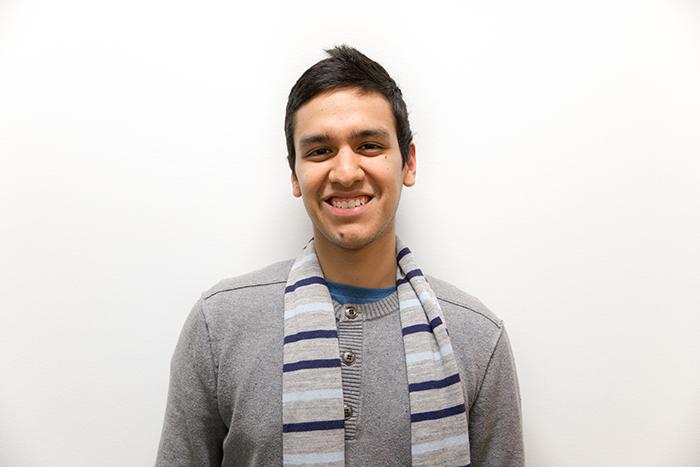Multilingualism Is a Great Investment in Your Human Capital
February 12, 2018
If you walk around Manhattan and stop paying attention to your phone, you can hear several incomprehensible phrases from languages you might not even know existed. As a person who grew up in South America, this is exactly what happened to me during my everyday life in Chinatown. Most of us have faced the challenge of learning a new language — all the time, effort and money that goes into it might make you question its merit. However, learning a new language is a rewarding effort and should be encouraged at NYU.
We have all heard the mainstream arguments about why learning a new language is beneficial, such as it increases your cognitive skills and helps you understand other cultures. While everything has an opportunity cost, there is a practical reason why you should learn a foreign language — it boosts your future income. A recent study has shown that there is a two to three percent increase in wages for college graduates who speak a second language. While this may seem modest, an article by The Economist explains that if you additionally include an annual one percent real wage increase and compound all for 40 years, you end up with an extra $67,000 by retirement. However, not all languages have the same value. In the same article, The Economist points out that the premium for speaking a second language differs depending on each language. For example, a study in the United Kingdom showed that German and Arabic speakers’ incomes are on average greater than those of Italian speakers. No one can tell you which is the best language to learn, but there are rational choices if you plan on increasing your earnings.
Despite tangible evidence that bilingualism has been linked to higher earnings, education systems in the United States do not stress the importance of knowing another language. Only seven percent of college students are enrolled in a language course, and less than one percent of adults can claim they are fluent in a foreign language they learned in a classroom. The U.S. is trailing behind other countries. It is true that European geography makes it easier and more compelling to adopt policies requiring multilingualism compared to an isolated U.S. But NYU offers many resources for students to learn new languages. As a global institute, NYU’s foreign language policy is exceptional. The College of Arts and Science; Steinhardt School of Culture, Education and Human Development and the Global Liberal Studies program require undergraduate students to speak a foreign language at an Intermediate II level before graduation. Meanwhile, students from the other NYU schools and programs are still able to take a language as an elective course. NYU offers courses for more than 15 different languages, and the Columbia Language Exchange program allows NYU students to enroll in even more language courses. The Speaking Freely non-credit program allows students to engage in short weekly learning sessions to learn popular languages at no cost and without any graded assignments. Additionally, NYU offers fully immersive language experiences at a variety of campuses across the world, so that students can be taught their courses in French while in France, for example.
Learning a new language, while difficult, is rewarding. Whether speaking a new language increases your future earnings or allows you to immerse yourself in different cultures, there are many benefits to be reaped, so try it out. What do you have to lose?
Opinions expressed on the editorial pages are not necessarily those of WSN, and our publication of opinions is not an endorsement of them.
A version of this appeared in the Monday, February 12 print edition. Email Diego Maguina Razuri at [email protected].

























































































































































